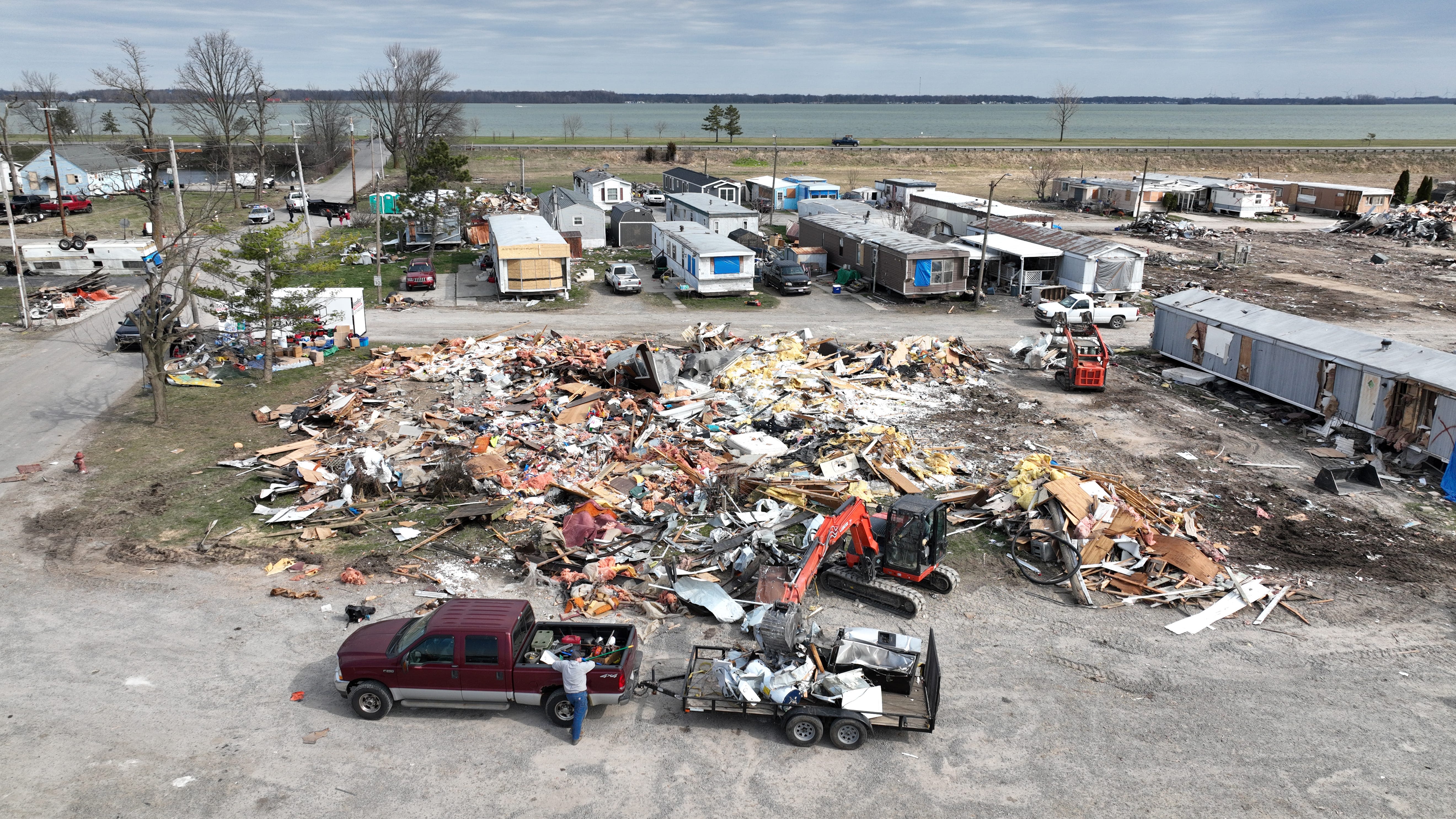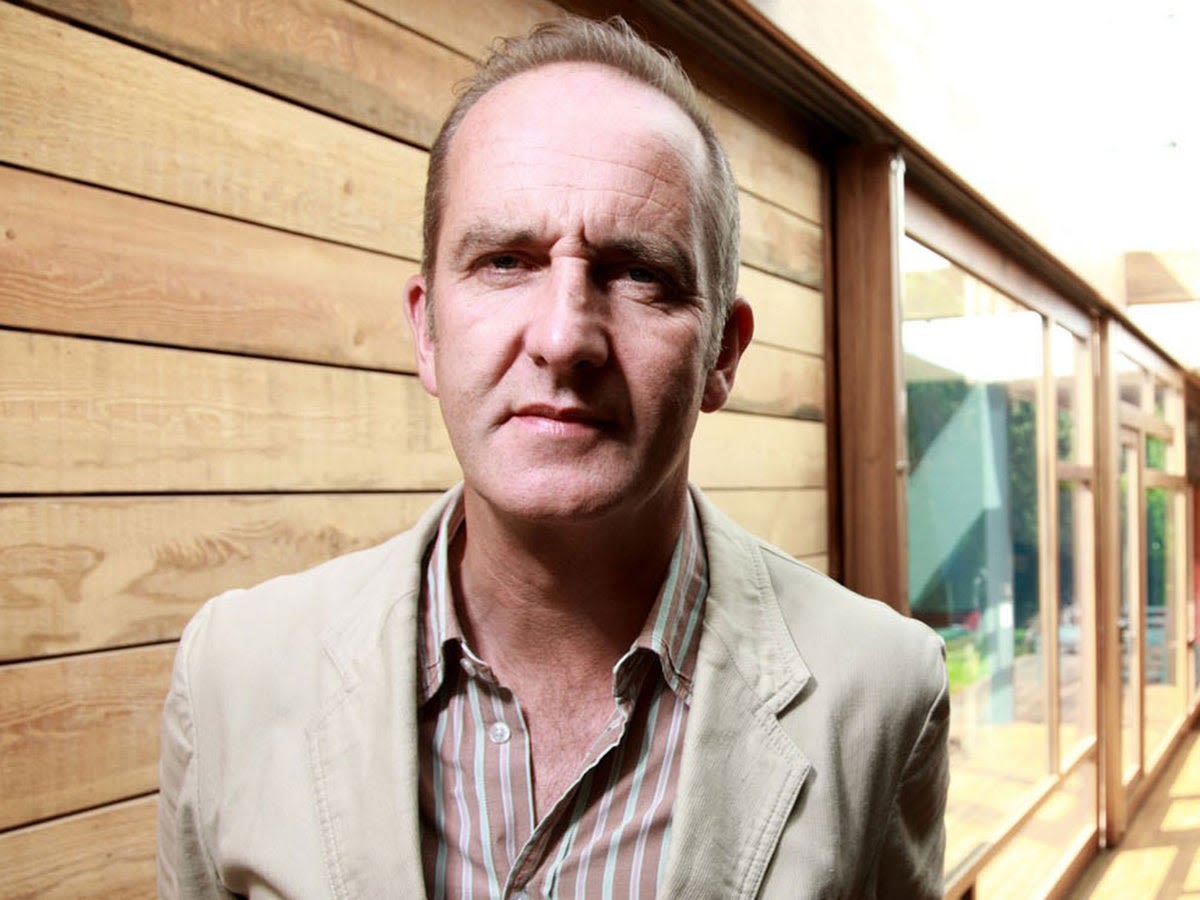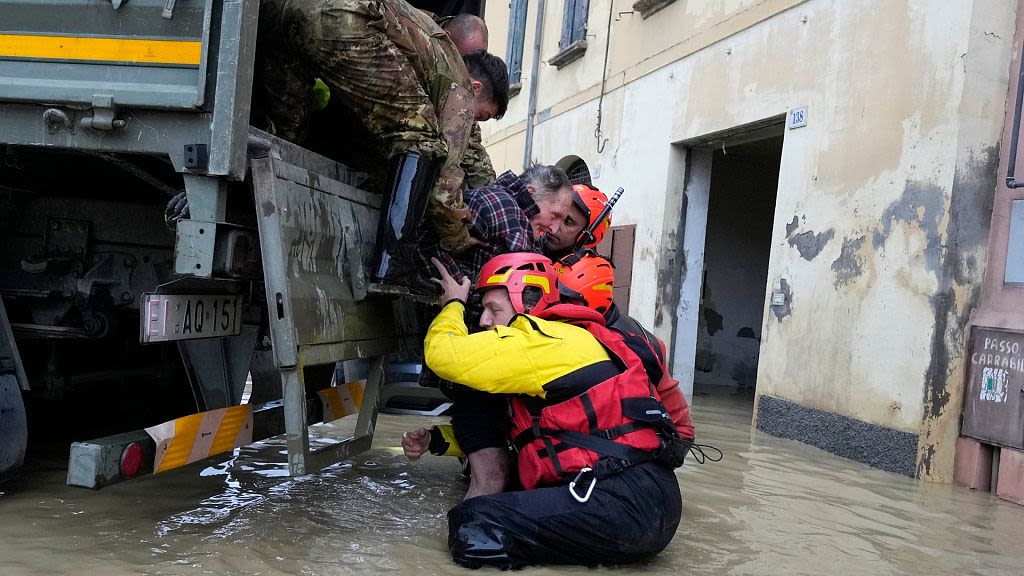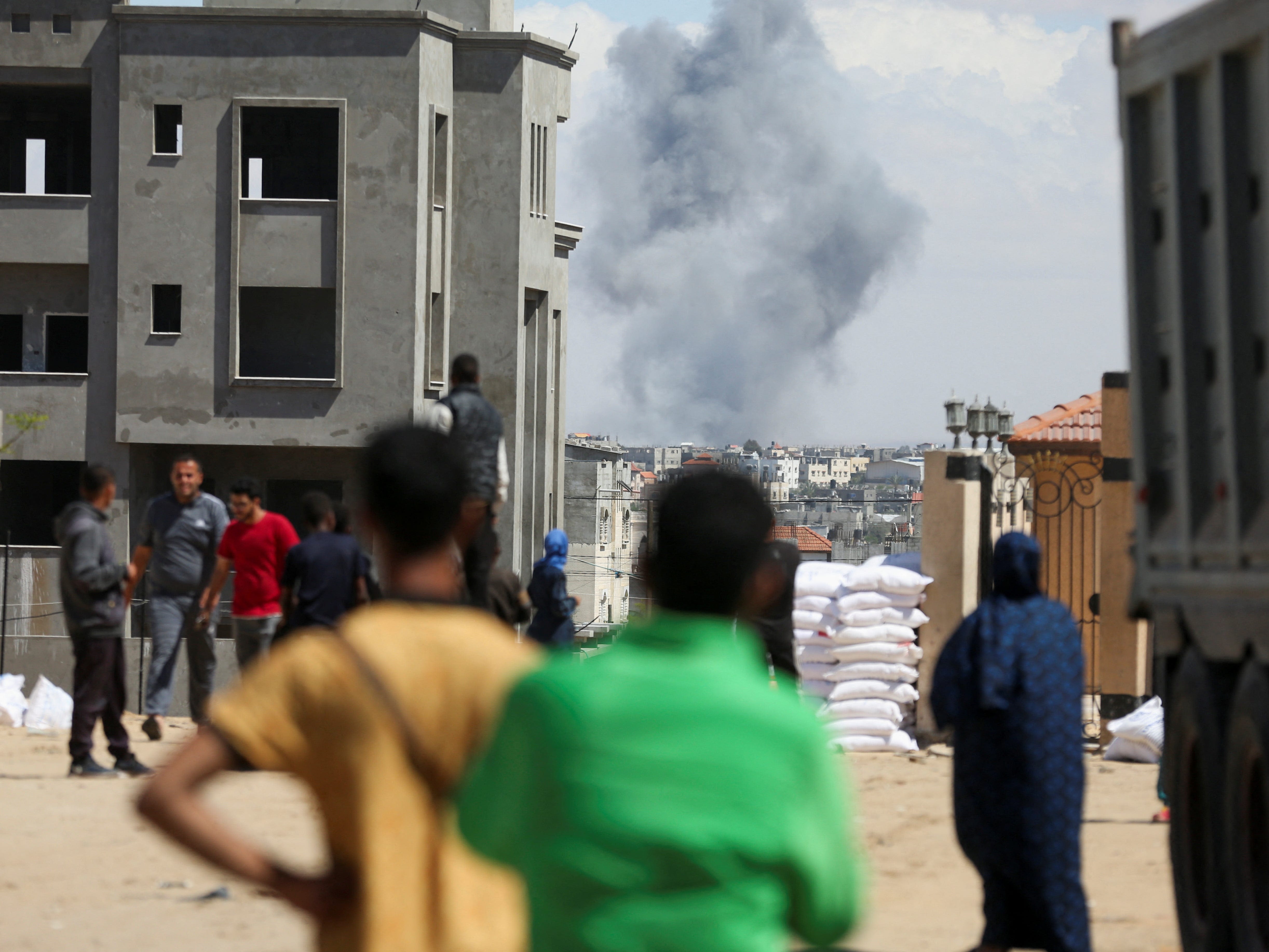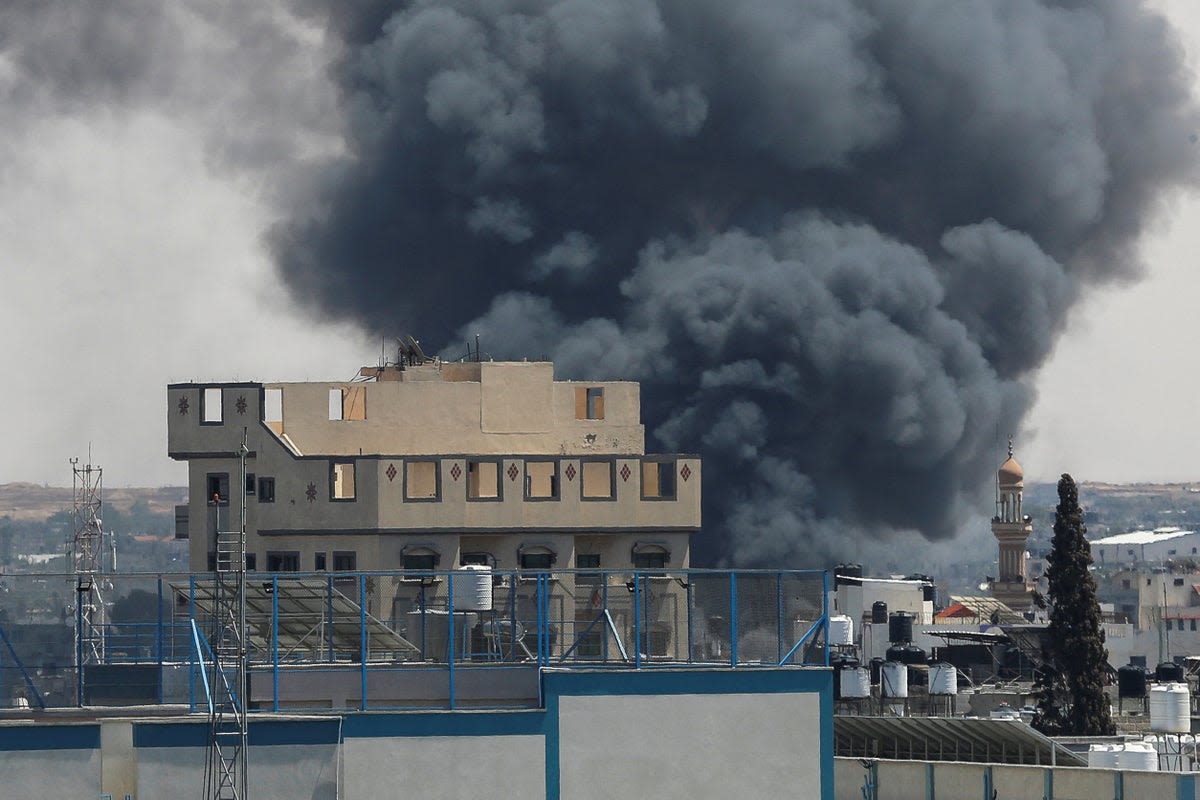Search results
- DictionaryDis·as·ter/dəˈzastər/
noun
- 1. a sudden event, such as an accident or a natural catastrophe, that causes great damage or loss of life: "159 people died in the disaster"
- link.springer.com
- › Handbook of Disaster Research
Nov 17, 2017 · 30) define a disaster as “a situation involving a natural hazard which has consequences in terms of damage, livelihoods, economic disruption and/or casualties” that outstrip local capacity to cope.
A natural disaster is the highly harmful impact on a society or community following a natural hazard event. Some examples of natural hazard events include floods, droughts, earthquakes, tropical cyclones, lightning strikes, tsunamis, volcanic activity, wildfires.
a thing or person that is very likely to cause danger or a problem in the future because of the condition it is in or the way they behave. See disaster in the Oxford Advanced Learner's Dictionary. Check pronunciation: disaster. Definition of disaster noun in Oxford Advanced American Dictionary.
Sep 5, 2018 · Abstract. This chapter traces disaster definitions devised by social scientists, recounting the evolution of scholarly thinking and the elements of the concept. The emphasis is on the definition of...
News about Nebraska, Ohio, Kansas
News about Europeans, Grand Designs, natural disasters
News about Israel, Gaza, Rafah
News about Gisele Bündchen, Tom Selleck, Tom Brady
Science of Natural Disasters. Because of the scientific method, we now understand where and why most natural disasters occur. For example, because of the theory of plate tectonics, we understand why nearly 90 percent of all earthquakes and volcanoes occur along the Pacific Ocean’s outer edges, called the Ring of Fire.
1. mischance, misfortune, misadventure, mishap, accident, blow, reverse, adversity, affliction. Disaster, calamity, catastrophe, cataclysm refer to adverse happenings often occurring suddenly and unexpectedly.
Disasters are a form of collective stress posing an unavoidable threat to people around the world. Disaster losses result from interactions among the natural, social, and built environments, which are becoming increasingly complex.
